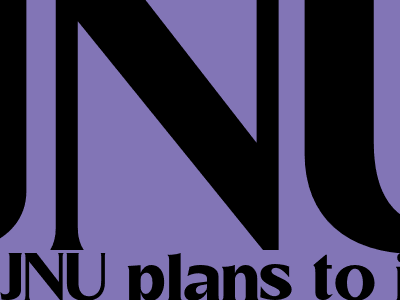
JNU Plans to Integrate Indian Knowledge Systems into Curricula
In a move to promote traditional Indian knowledge, Jawaharlal Nehru University (JNU) plans to integrate Indian Knowledge Systems (IKS) into its curriculum.
This initiative aligns with the National Education Policy (NEP) 2020, which emphasizes the importance of preserving and integrating traditional knowledge into modern education.
JNU aims to incorporate IKS into various disciplines, including science, technology, engineering, medicine, and social sciences. The university is collaborating with experts in traditional knowledge, indigenous communities, and scholars to develop appropriate content and pedagogical approaches.
The integration of IKS is expected to enhance the understanding of complex issues and provide students with a more holistic perspective. It will also contribute to the preservation and revitalization of India's rich cultural heritage.
Benefits of Integrating IKS into Education
- Enhances understanding of complex issues
- Provides a more holistic perspective
- Preserves and revitalizes India's cultural heritage
- Promotes traditional knowledge and indigenous practices
Challenges in Integrating IKS into Education
- Lack of standardized content and pedagogical approaches
- Resistance from traditional knowledge holders
- Concerns about academic rigor and scientific validity
- Need for trained faculty and specialized resources
Conclusion
JNU's initiative to integrate IKS into its curricula is a significant step towards recognizing and promoting traditional knowledge. It aligns with the NEP 2020's emphasis on preserving India's cultural heritage and integrating it into modern education.
By incorporating IKS, JNU aims to provide students with a more comprehensive understanding of the world and foster a deep appreciation for India's rich cultural traditions. This integration will also contribute to the revitalization and preservation of traditional knowledge, ensuring its relevance in the 21st century.